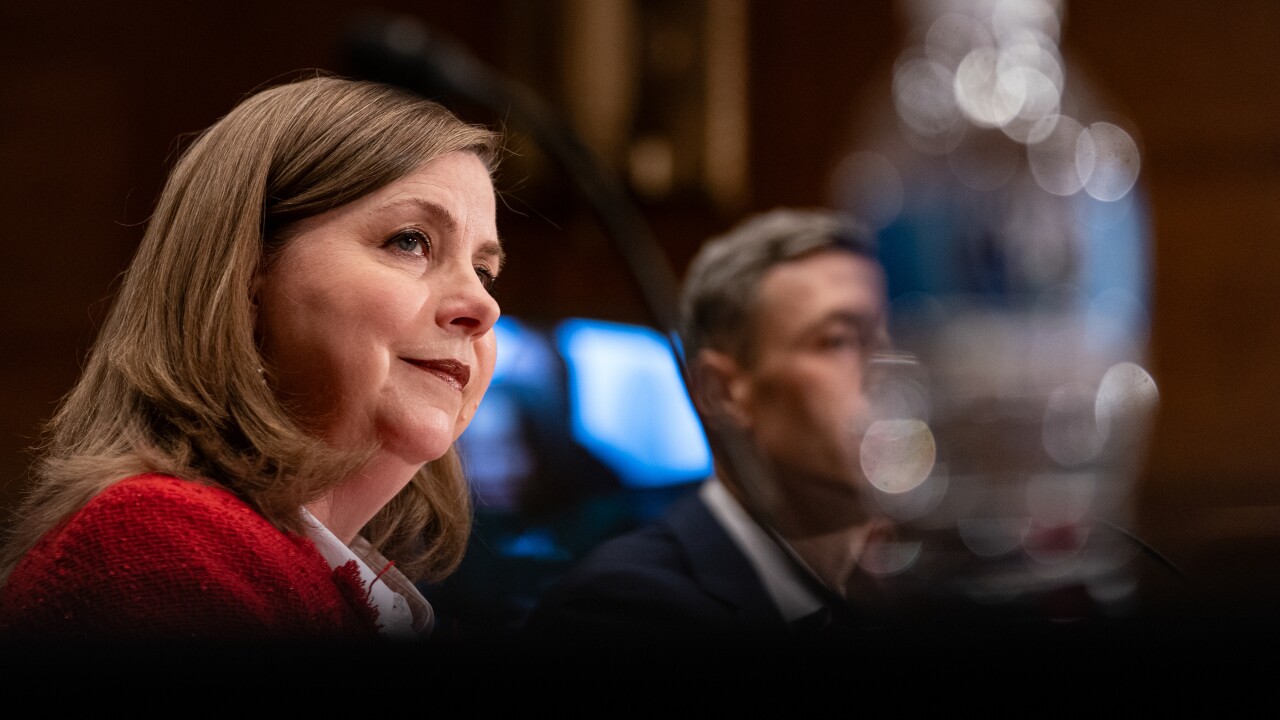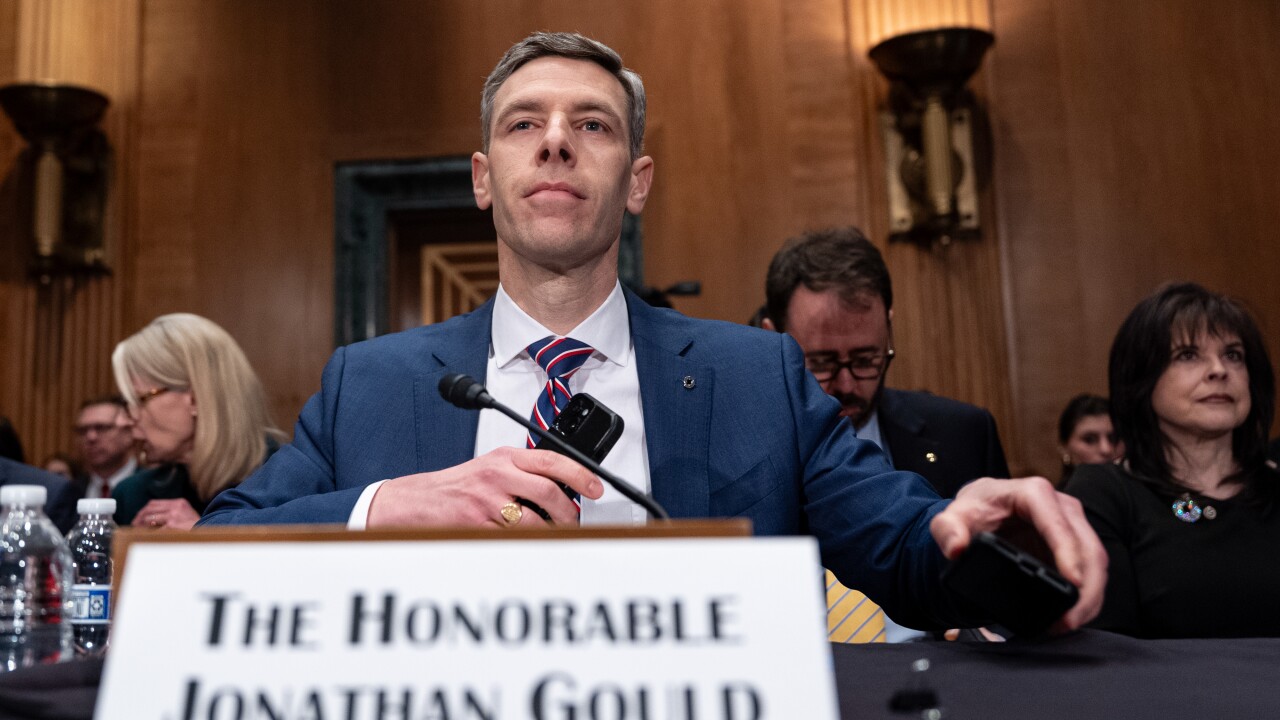Though President Obama has told the bankers that his administration is the only thing standing between them and the pitchforks, it remains to be seen whether those considered "too big to fail" will get a free ride. Many community leaders, and the Congressional Black Caucus, are afraid they might.
They have reason to be concerned. Goldman Sachs, rescued by former Treasury Secretary Paulson with at least $70 billion in federal taxpayer assistance and given access to funds at essentially zero interest rates, is about to announce $23 billion in bonuses for its executives. Goldman has recently been described as a key architect of the near-collapse of the global economy. Specifically, it was given, without public hearings or congressional oversight, the privilege of becoming a bank. Yet it does not lend to Main Street nor take an active role in foreclosure prevention.
It is perhaps unfair to single out Goldman Sachs since comparable public indifference and comparable bonuses exist at almost all the institutions labeled "too big to fail." This includes Morgan Stanley and, in different ways, Citigroup, Bank of America, Wells Fargo, JPMorgan Chase, Freddie Mac and Fannie Mae.
We encourage President Obama, to impose the following requirements on big banks in 2010:
- To lend to small businesses under the same favorable terms as offered to the big banks by the Treasury for receiving and returning Tarp funds. The big banks were able to receive Tarp funds despite the fact that they were essentially uncreditworthy. Small business owners are often being denied loans despite high credit ratings.
- To adopt systematic principal-reduction programs to prevent foreclosures.
- To offer the equivalent of a moratorium, or a long-term tenant lease, to homeowners facing foreclosure due to unemployment or because they were victims of unscrupulous lending practices.
- To give first-time homebuyers, not investors, the first opportunity to buy foreclosed properties, as long as the purchase offer is reasonable.
- To create additional funds to support community-based purchases of bulk REOs and the work of community-based loan counselors.
- To pay a "philanthropy tax" on overall compensation for each executive receiving a million dollars or more. That is, for every dollar above $1 million paid to a financial institution executive, the company would be required to contribute 50 cents to a Main Street Fund used to ensure opportunities for families to live the American Dream.
For greater effectiveness, we would encourage all banks to voluntarily adopt these recommendations. Some "too big to fail" institutions are already voluntarily adopting a type of philanthropy tax. Goldman Sachs recently announced that it was increasing its philanthropy by $200 million and was creating a $500 million small-business fund. If employed soundly, Goldman's $500 million could be far more effective at creating jobs for the unemployed than many of the American Recovery and Reinvestment Act programs.
The contemporary banking system, marked by the creation of the Federal Reserve, is less than one hundred years old. If it is to last another hundred years, the big banks might do well to heed Arianna Huffington's urging that customers transfer their trillions of dollars in FDIC-insured deposits to community banks. To avert this, the big banks could begin, with more than a nudge from the Obama administration, to demonstrate a real commitment to Main Street.





